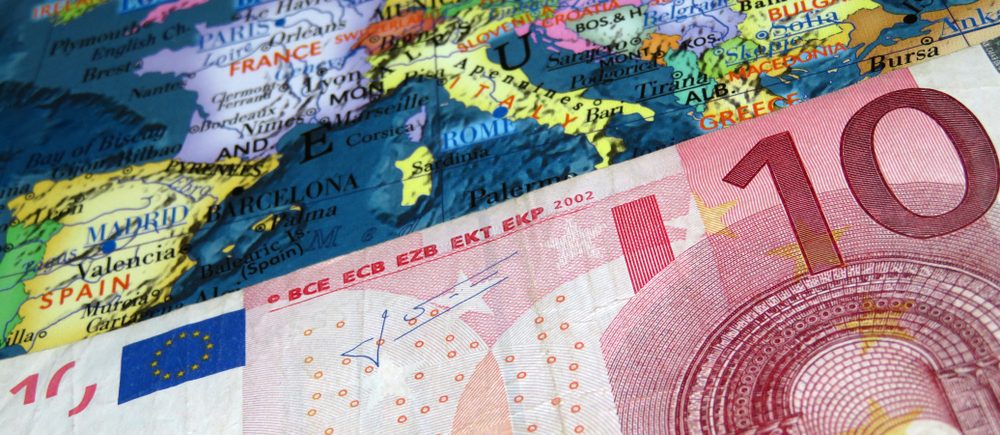The two major questions that the European Central Bank will have to answer are: (1) Will inflation eventually settle at its target? and (2) Are asset purchases still useful?
ECB policymakers are hoping that too-high inflation will prove transitory and eventually subside. Since the pandemic struck, the European Central Bank has bought nearly Euro 2 trillion worth of government bonds in order to soothe markets and support the continental economy.
Now the ECB needs to say whether such quantitative easing, stimulus, remains appropriate. This involves grappling with two questions at its next policy meeting on 16 December: whether the Eurozone has truly escaped its low-inflation trap, and whether asset purchases have outlasted their usefulness.
Inflation in the Eurozone, as in much of the rest of the world, is surging. Consumer prices rose by 4.9% in November, compared with 2020, the fastest pace in the history of the single currency.
Many of the ECB’s rich-world counterparts, including the Federal Reserve and the Bank of England, are worried that inflation could become entrenched. In the Eurozone, though, the greater likelihood is perhaps that, once disruptions from the pandemic fade, it still undershoots the ECB’s 2% target.

 Noor Trends News, Technical Analysis, Educational Tools and Recommendations
Noor Trends News, Technical Analysis, Educational Tools and Recommendations




